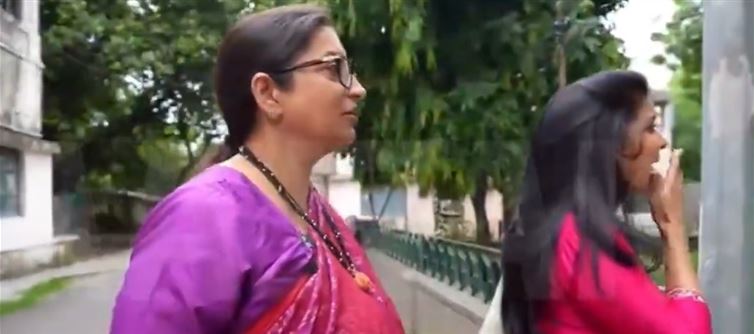
What has made the moment even more viral is the way it exposes a recurring issue in political interviews — the lack of accountability and real-time fact-checking by mainstream anchors. Anjana, known for her aggressive style with opposition leaders, did not challenge Irani's statement, letting the falsehood slide unquestioned. This selective scrutiny has fueled criticism that media platforms are increasingly serving as echo chambers rather than holding power to account. As users on social media joked and shared memes, the credibility of both the speaker and the platform hosting the interview came under sharp scrutiny.
This moment is more than just a meme-worthy gaffe; it symbolizes the growing demand for truthfulness and journalistic integrity in public discourse. When a senior leader misremembers or misrepresents a historical sporting event — and a journalist fails to correct it — it reinforces the culture of misinformation, where facts are casually bent to serve narratives. In an era where every statement can be instantly verified, public figures and journalists alike must understand that credibility is currency. If they lose it, the audience won’t just laugh — they'll remember.




 click and follow Indiaherald WhatsApp channel
click and follow Indiaherald WhatsApp channel